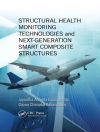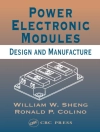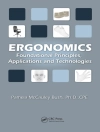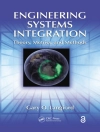Increased consumption of electronic equipment has brought with it a greater demand for rare earth elements and metals. Adding to this is the growth in low carbon technologies such as hybrid fuel vehicles. It is predicted that the global supply of rare earth elements could soon be exhausted.
A sustainable approach to the use and recovery of rare earth elements is needed, and this book addresses the political, economic and research agendas concerning them. The problem is discussed thoroughly and a multi-disciplinary team of authors from the chemistry, engineering and biotechnology sectors presents a range of solutions, from traditional metallurgical methods to innovations in biotechnology. Case studies add value to the theory presented, and indirect targets for recovery, such as municipal waste and combustion ash are considered.
This book will be essential reading for researchers in academia and industry tackling sustainable element recovery, as well as postgraduate students in chemistry, engineering and biotechnology. Environmental scientists and policy makers will also benefit from reading about potential benefits of recovery from waste streams.
Tabla de materias
Elemental Sustainability and the Importance of Scarce Element Recovery; Integration of Traditional Methods for Elemental Recovery in a Zero-Waste Recyling Flow Sheet; Ionometallurgy (Ionic Liquids in Metallurgy); Biosorption of Elements; Hyperaccumulation by Plants; Anthropospheric Losses of Platinum-Group Elements; F-Block Elements Recovery; WEEE Waste Recovery; Mining Municipal Waste: Prospective for Elemental Recovery
Sobre el autor
Andrew J Hunt is the Scientific Leader of the alternative solvent technology platform at the Green Chemistry Centre of Excellence, the University of York, UK. His research interests include elemental sustainability, solvents, supercritical fluids, waste utilisation and biorefineries.












